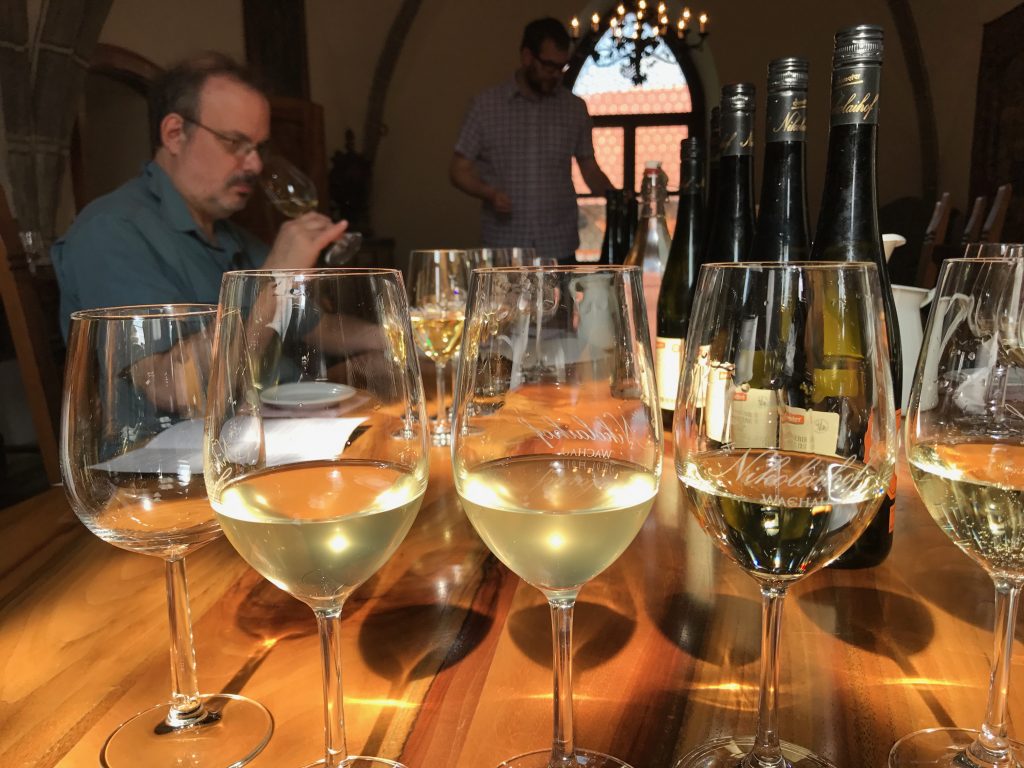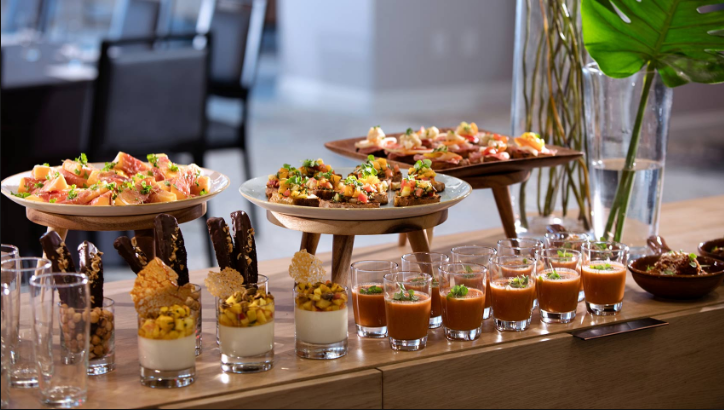Much of the US had a very wet winter, record snow falls were reported, cold spells lasted longer, particularly along the East Coast and in the South. Records are now being set by the heat spells of consecutive 100 degree days and lack of rainfall.
Monitoring of wells and water supplies in the Southwest, South and along the Atlantic coast states are revealing lower than normal levels and drought ratings are ranging from moderate to severe, depending on the areas. The National Weather Service provides reporting that farmers, including grape growers are following.
Rainfall’s impact on Wine:
As with any crop there is a fine line between too little or too much rain. Too much rain and grapes can become moldy and fungus afflicted, destroying a harvest. But what about too little rain? Actually, reduced rainfall can help the grapes mature earlier. The 2002 lack of rain in Virginia, the 5th largest grape and wine producing state, resulted in a very good harvest.
Lack of rainfall may leave wells dry but as long as the drought doesn’t worsen the impact on wines may result in some very good vintages. The impact of climate and rainfall isn’t as major along the West Coast where there is rarely a major impact on taste from year to year. However, in areas such as New York, Virginia, Georgia and North Carolina the wine year can be important, depending on the weather during the growing season.
Vintage:
Refers to the year that the grapes were harvested. Each vintage is unique, blending the climate, the vine and the winemaker’s skill. Estate wines will reference the year of the harvest on the bottle.
According to the official tracking of Virginia’s drought conditions the Richmond and nearby Charlottesville areas are in a moderate drought classification. But that doesn’t soothe fears of local vineyards and farms that rely on local rainfall hitting near averages as the wine’s final taste is dependent on climate.
While wine is a result of the processing of grapes, relying on the winemaker’s exceptional skill to influence the grape’s production into wine, a good quality grape is still the biggest must factor! When sipping wine with friends and commenting on the exceptional taste, remember the viticulturalist (grape grower) and winemaker work in concert with the grape’s traits to create the exceptional taste.
The soil, heat, cold, and moisture combine with the grape’s characteristics to create a worthy grape for the winemaker to invest their skill and knowledge to create a work of art for the palate. Vineyard owners have a challenge in deciding on the appropriate vine care this year in order to get the best out of the grapes.
Following European wine drinker, wine can be drunk in place of water at most meals. Let’s hope that we don’t have to try and turn wine into water. But keep in mind the saying, “a meal without wine is called breakfast,” we may be drinking excellent wines and hoarding bottles of water.
Cheers!




